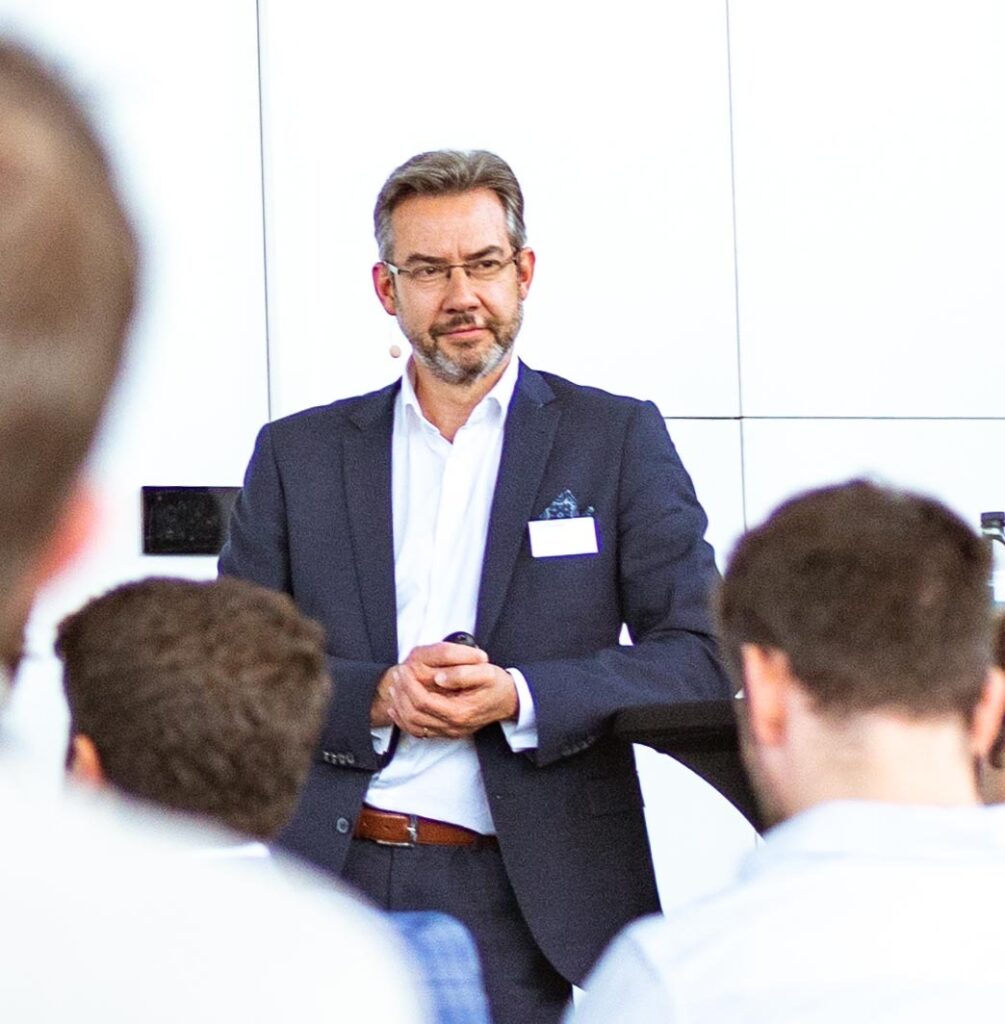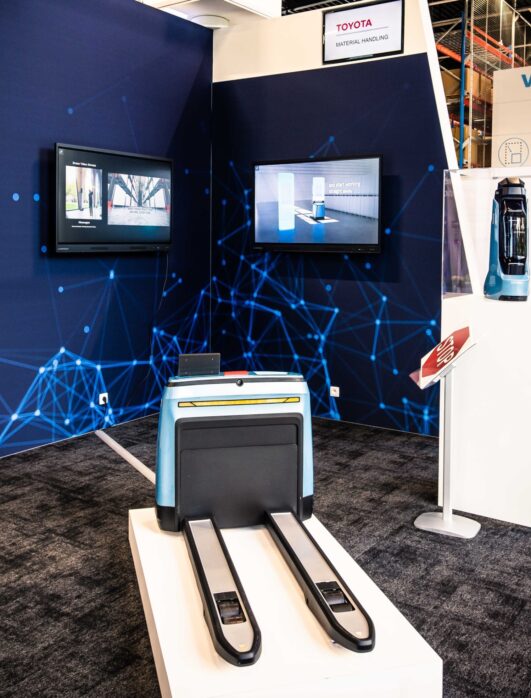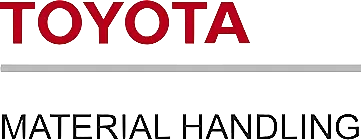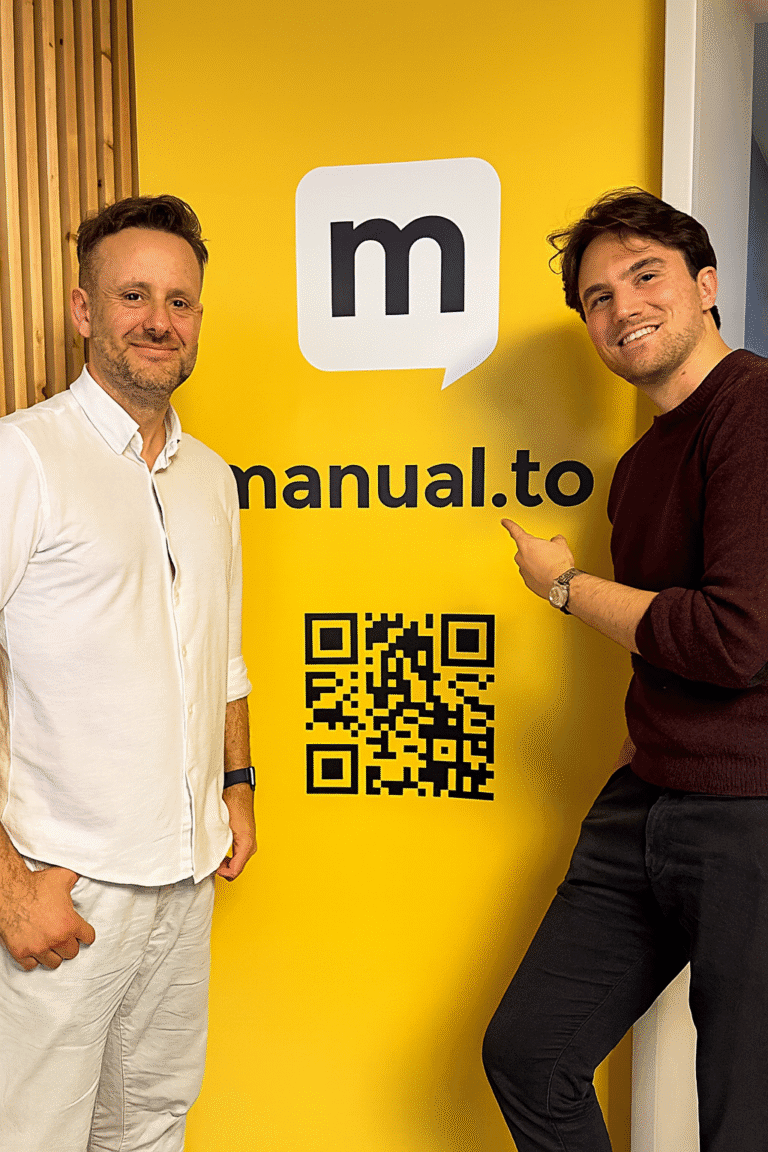Hugues Van Espen (Toyota Material Handling Belgium): ‘It is high time for more collaboration’

Toyota Material Handling evolved from a forklift producer to a provider of customised, integrated and automated logistics solutions. The R&D department in Sweden and several strategic takeovers played a significant role in this development, as well as more frequent collaborations with external partners, including start-ups. Hugues Van Espen, managing director of Foundation Partner Toyota Material Handling Belgium, explains how Log!Ville fits perfectly into this picture.
Can you briefly introduce Toyota Material Handling Belgium?
Toyota Material Handling has been present in the Belgian market since the 1960s, originally as a supplier of forklifts. After a merger with Swedish BT Industries in 2006, the range expanded to include hand pallet trucks and other intra-logistics materials. Several acquisitions, including the American Bastian Solutions and the Dutch Vanderlande, then enabled us to raise our profile in automated material handling. Today, we offer an exceptionally broad range of products and services which covers everything from sales and rental of manual and automated logistics vehicles to consulting and the development of customised logistics solutions, through system integration, software for automated processes, AGVs and AMRs, shuttle systems, mini loads, robotised storage systems and even racking.
Over the past financial year, Toyota Material Handling Belgium has generated 130 million euros with 260 employees. Eight years ago, there were ‘just’ 180 staff members. Forklift trucks still play a major role in our activities – we are the market leader in Belgium, but the more customised, automated solutions are rapidly gaining ground. Our strength is that we can offer integrated manual and automated solutions from A to Z.
Toyota Material Handling Europe is part of the Toyota Industries Corporation. Is there a lot of cooperation with other elements of TICO?
One of the main axes of our strategy is to always stay ahead of the curve. The market for internal transport has witnessed an extraordinary dynamic for the past few years in which e-commerce, labour costs and productivity requirements play a part. In order to respond to changes in the market and customer needs, TICO realised several acquisitions which brought in expertise and know-how from various areas; this can then be put to good use within TMH Europe.
An important step was our 2017 acquisition of Bastian Solutions, a substantial American system integrator and consultant with a great deal of expertise in the development of software for controlling and managing material handling systems in logistics centres. This company is exceptionally strong when it comes to combining hardware and software, system development and end-to-end solutions.
The takeover of Vanderlande that same year was also of huge strategic importance, as it meant we could provide high-tech automation and robotisation solutions. And, with the acquisition of the German system integrator Viastore last year, we reinforced our presence in software, WMS and picking solutions for small and medium-sized businesses.
Thanks to TICO, we can offer our customers optimised material handling systems to resolve individual challenges. For example, thanks to Bastian, we can supply the AutoStore storage system and the appropriate software.
Have you also noticed that the demand for automated solutions is accelerating?
Definitely. As a result of the pandemic, the demand for automation and robotisation has developed further. This has led to a greater interest in AGVs such as automated forklifts and reach trucks, but also in smart roller tracks, racking and AutoStores and AMRs. Our R&D department in Sweden is now working hard on developing autonomous trucks and the corresponding artificial intelligence (AI). In contrast to AGVs, which follow pre-set routes around the warehouse, the automated forklifts will drive more like AMRs. This evolution places high requirements on software, as these systems must not only communicate flawlessly with the WMS but also integrate seamlessly with the processes within the warehouse. They must also be safe for the people in the warehouse.
The level of complexity is certainly increasing. Can a business realise this evolution on its own?
Complexity is indeed increasing and that is precisely why we created Logistics Solutions Integration (LSI). We effectively work off a blank sheet of paper; the customer indicates its needs and we seek out the optimum solution from scratch. As a system integrator, we select the solution based on the data provided by the customer. Some products are chosen from our own portfolio, others are developed in collaboration with external suppliers.
We started with LSI in Belgium five years ago and we have already acquired several contracts. These account for a small percentage of turnover but we expect this to increase, as customers are increasingly enthusiastic and perceptions are changing. Belgian businesses are rather conservative and there is often resistance to new technologies. This makes an initiative such as Log!Ville extremely interesting in that it can help the decision-makers make up their mind.
To come back to the question of whether we can realise this evolution alone; innovation is always a question of collaboration. In Sweden, they have a strong R&D department, which also works for Japan. There is a focus on various domains, including energy (high-performance batteries and fuel cells), new truck concepts, software, and so on. On the other hand, we are a strong advocate for partnerships. One of the results of all this collaboration, i.e. the Pallet Drone that we developed along with Microsoft, can be seen at Log!Ville. This concept combines our advanced hardware with the AI capacity from Microsoft AirSim to train these autonomous trucks to drive safely and efficiently in an environment where people are working too. Here you can see our video on the Toyota AI Team Logistics Concept.

Are there other benefits to partnerships?
We work with Toyota Motor and the American Plug Power on fuel cells.
Another good example can even be found within Log!Ville: together with BlooLoc, a Belgian specialist in indoor localisation, we worked on safety by fitting their accident prevention system yooBeeEYE SAFE to our trucks. After a positive pilot project, their systems have now been implemented for us and are also offered as an option in our trucks across Europe.
So, you work with start-ups and scale-ups?
We are always on the lookout for new ideas and innovations. That is why TMH Europe organises a two-day event every four years called Logiconomi, a sort of brainstorming session on ideas and concepts in logistics. We bring major players such as Microsoft, Bosch and Ericsson together with smaller, leading businesses and start-ups that have the freedom and creativity to develop completely new concepts.
Logiconomi was held last year in Antwerp and all the participants, from across Europe and sometimes further afield, were able to visit and experience Log!Ville on the second day. They were extremely enthusiastic and very impressed by the idea. Follow this link to access a video of the event.
What is Log!Ville’s greatest asset?
If you can meet the right people at the right time, you can get your idea to market more quickly. Everything evolves so quickly these days that there is always a risk of being too late to the market with your innovations. The added value of Log!Ville is that, with genuine values and start-ups, you encounter a collective goal, particularly an ‘out of the box’ approach. So, you have a reference group for the needs of customers and a useful breeding ground for co-creation.
In fact, I see parallels between Log!Ville and Logiconomi. The conclusion of Logiconomi was: ‘It is high time for collaboration’. Toyota Material Handling aims to play an active role in this process. Log!Ville fits perfectly into this picture; this place not only opens the eyes of users but is also a centre for cross-pollination.




